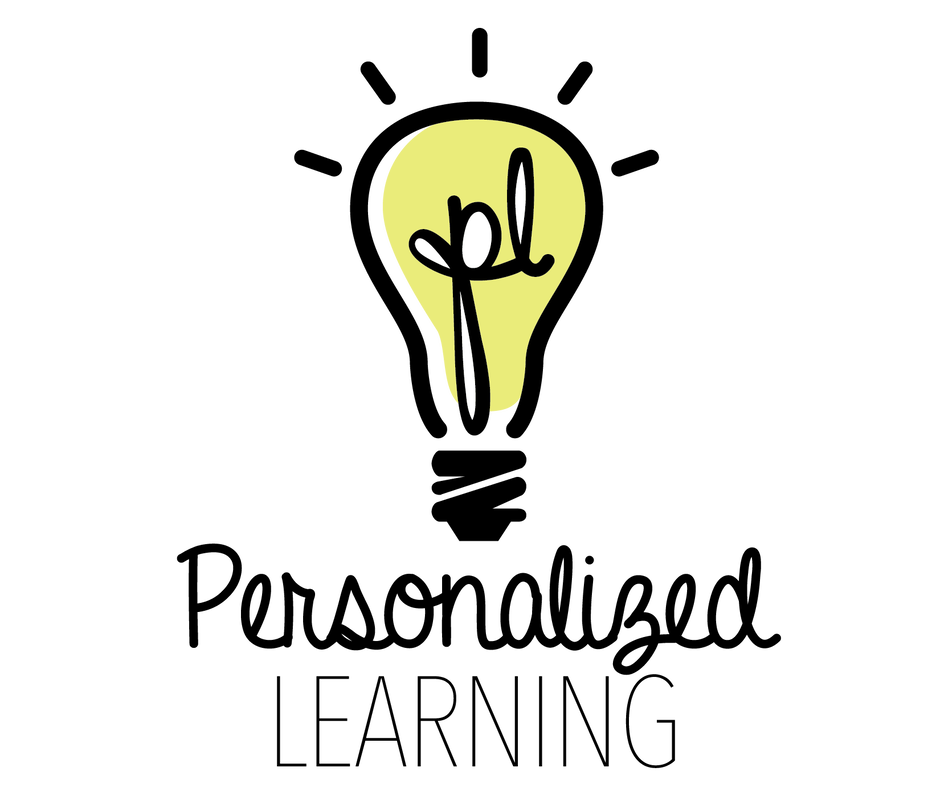Look-fors by indicator to be used during a campus visit
Not PL Ready/ PL Ready |
Consistent Practice/ Personalized |
|
Family Participation + Input |
|
|
Community Participation + Input |
|
|
Teacher Selection |
|
|
Student Selection |
|
|

